How to Ensure Your Mobile app Complies with Privacy Regulations
In today’s digital world, data privacy is a critical concern for mobile app developers . With stringent privacy regulations like the GDPR, CCPA, and others, ensuring compliance is essential not just for avoiding legal penalties but also for gaining user trust. Here's a comprehensive guide on how mobile app developers can create privacy-compliant applications while maintaining a positive user experience.
Understand Relevant Privacy Regulations
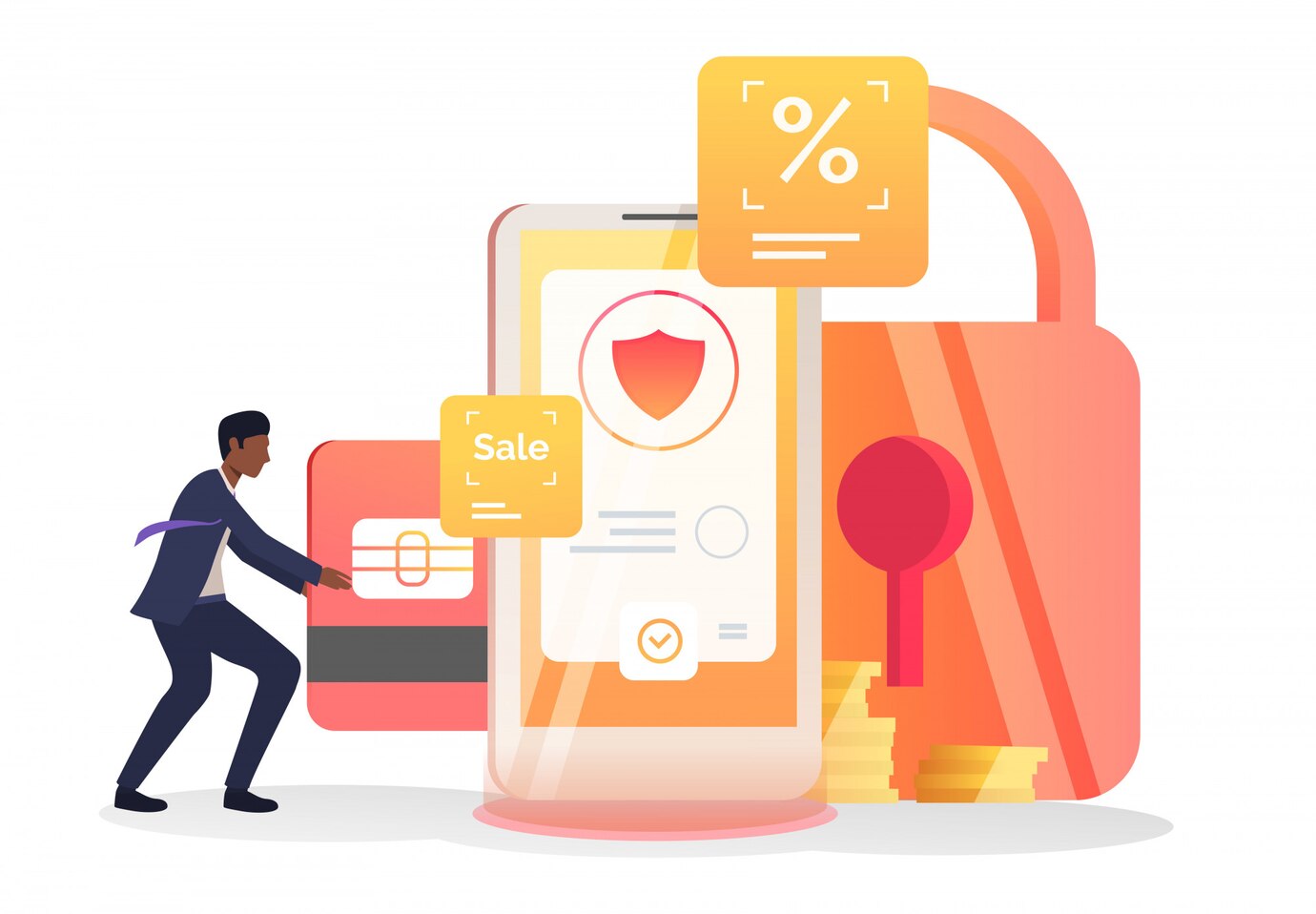
Mobile app developers must first understand the privacy regulations applicable to their target markets. Different countries and regions enforce unique privacy laws with varying degrees of strictness. For instance, the GDPR in Europe focuses on data protection and user consent, while the CCPA in California emphasizes consumer rights concerning personal information. Understanding these frameworks helps developers establish a legal foundation for data collection and processing practices.
Adopt a Privacy-First Development Approach
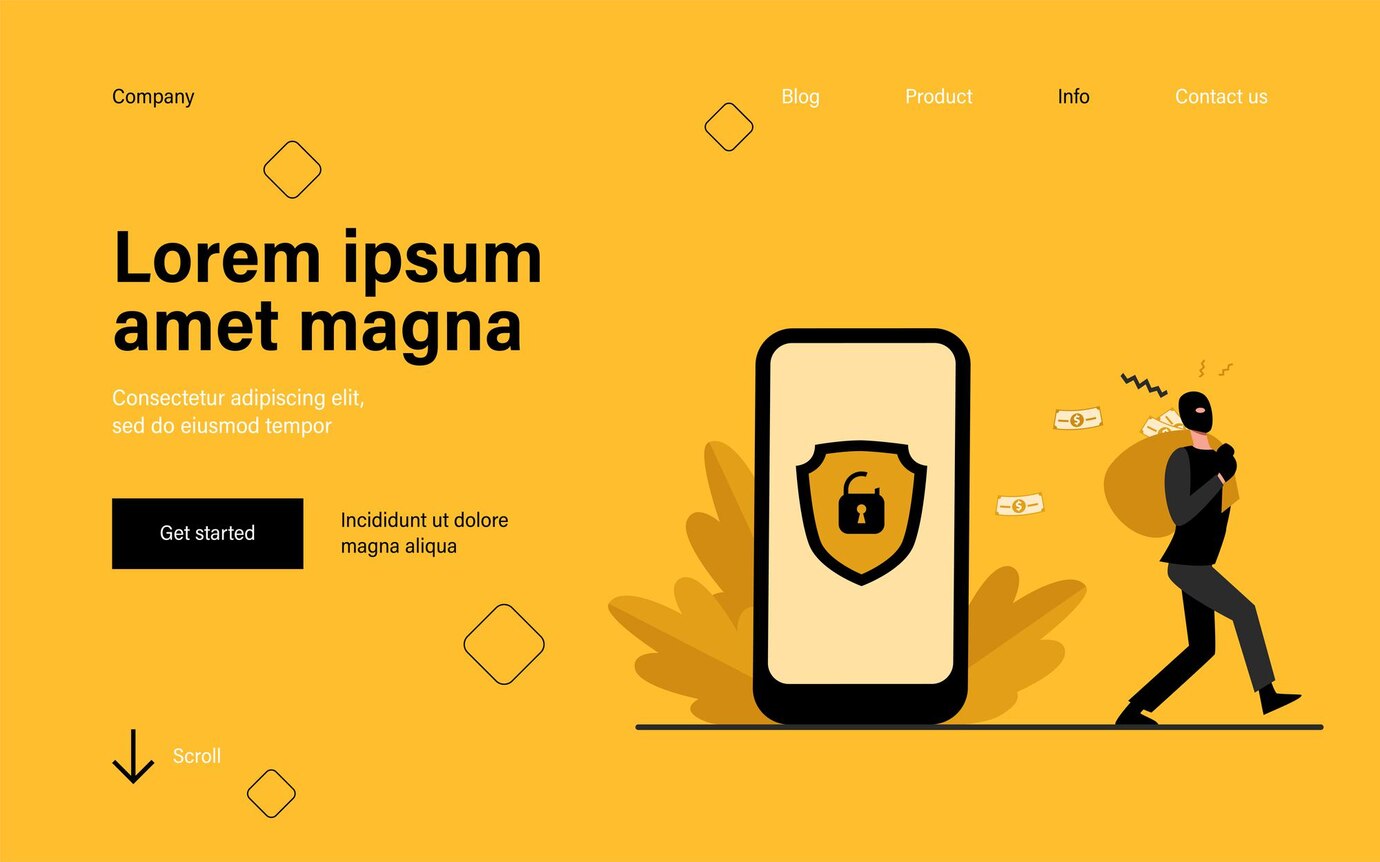
Privacy compliance starts at the development stage. Implement privacy-by-design principles, ensuring data protection measures are integrated into the app's core functionality. This involves limiting data collection to what is strictly necessary for the app’s operation and ensuring that sensitive data is anonymized or encrypted. Mobile app developers should build secure data storage and transfer mechanisms to protect user information from breaches and unauthorized access.
Create Clear and Transparent Privacy Policies
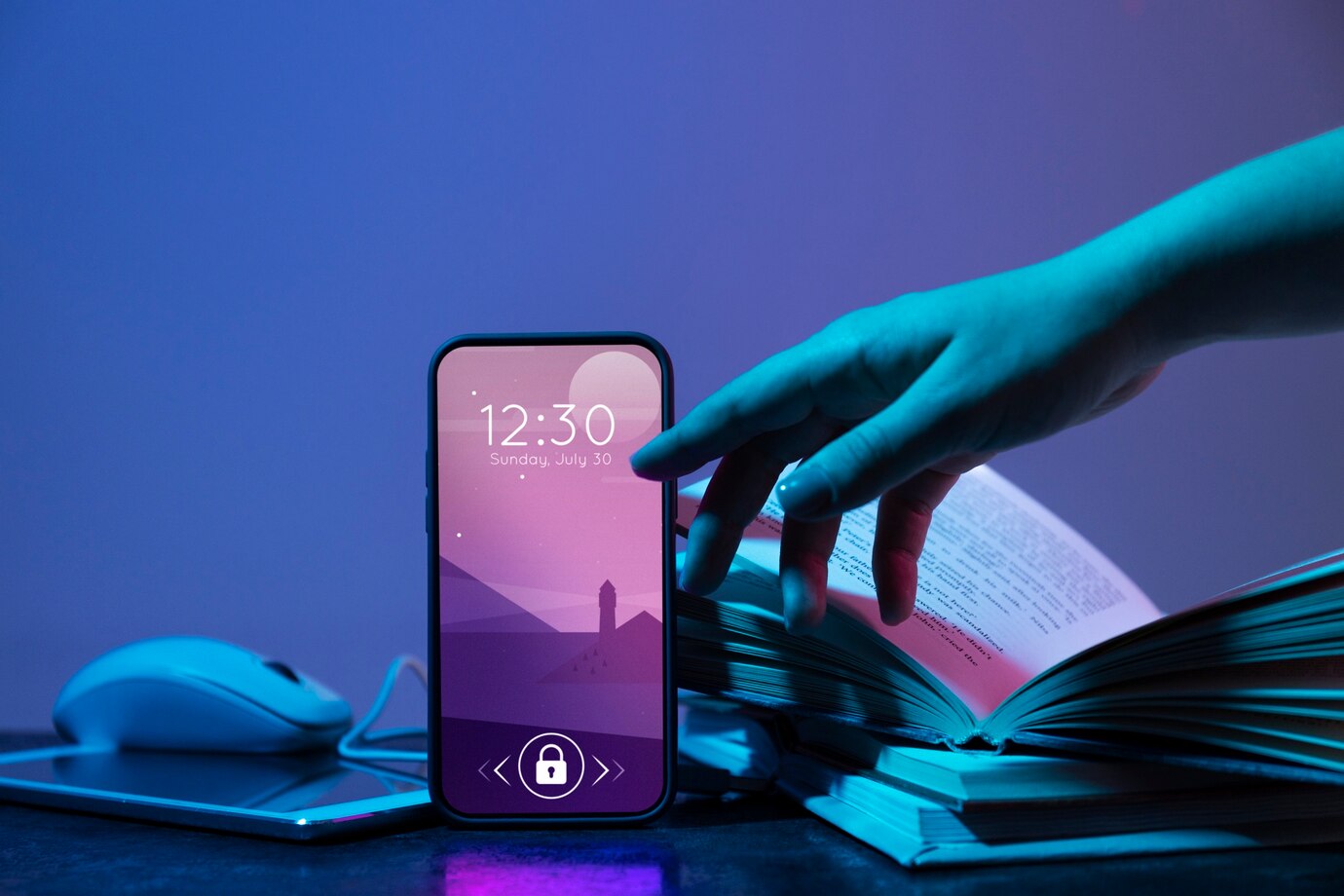
A well-drafted privacy policy is essential for Mobile app compliance. Developers must clearly explain what data is collected, how it is used, and with whom it is shared. The policy should be written in simple language that users can easily understand. Regularly updating the privacy policy to reflect changes in app functionality or privacy regulations ensures ongoing compliance. Providing in-app notifications about policy updates is a good practice.
Implement Strong User Consent Mechanisms
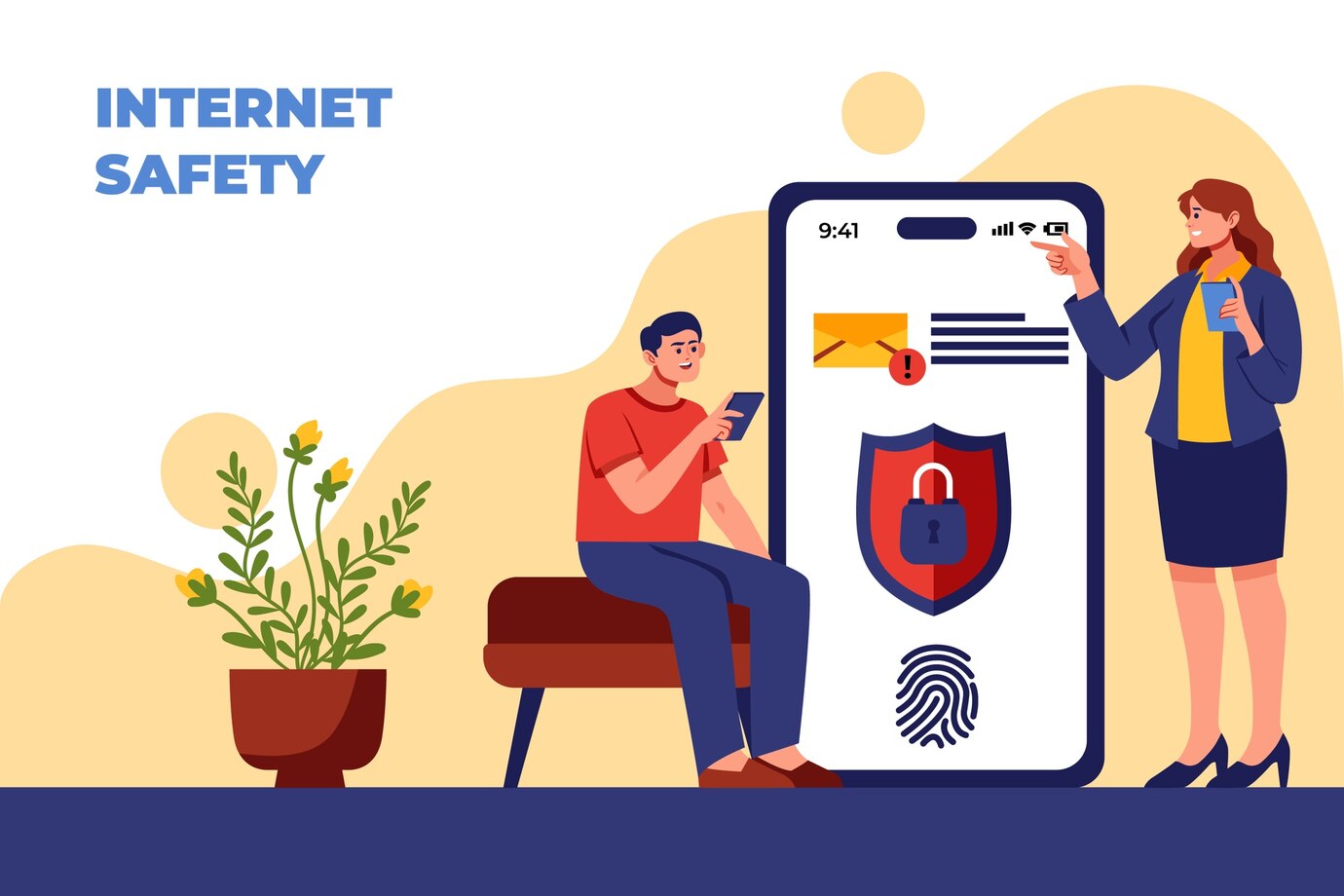
Obtaining explicit user consent is a fundamental requirement of most privacy regulations. Mobile app developers should design clear consent prompts that explain what data is collected and why. Avoid using vague or pre-ticked checkboxes. Give users the ability to opt out of non-essential data collection at any time. Developers should also maintain detailed consent records to demonstrate compliance during audits or investigations.
Ensure Data Minimization and Purpose Limitation
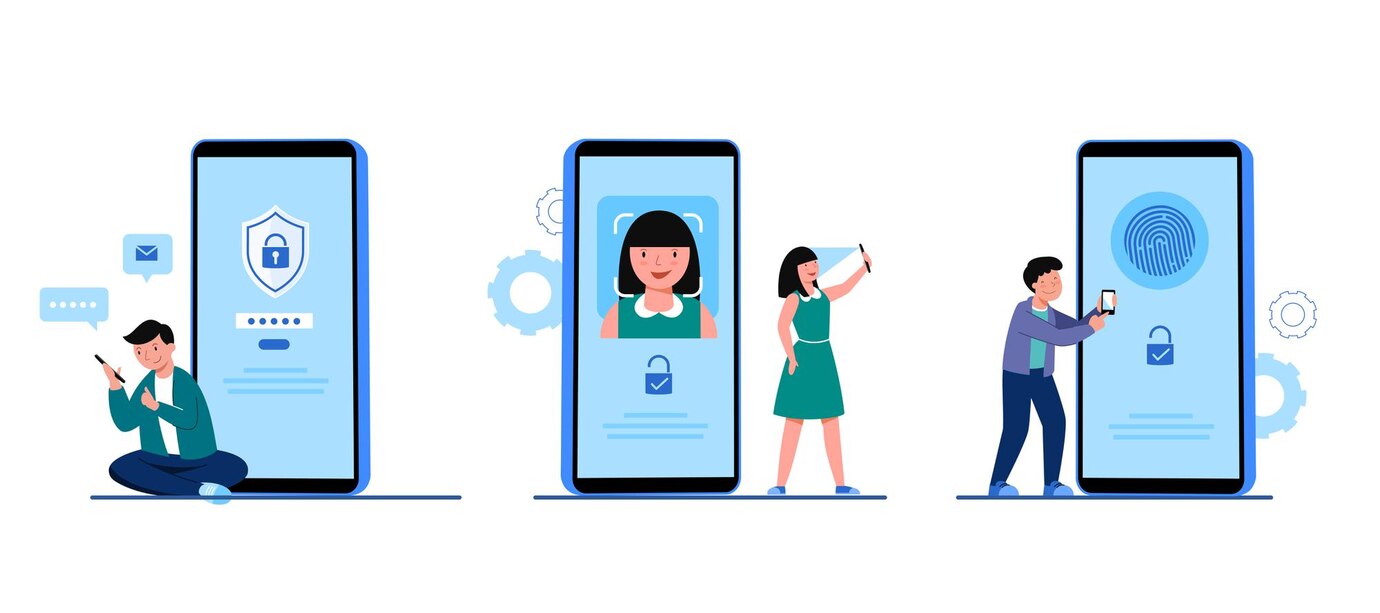
Data minimization means collecting only the data necessary for the app’s intended functions. Developers should avoid collecting excessive or irrelevant information. Purpose limitation ensures that data is used only for specified purposes disclosed during collection. If developers need to use data for additional purposes, they should seek renewed user consent. This practice reduces legal risks and enhances user trust.
Secure Data with Advanced Protection Measures
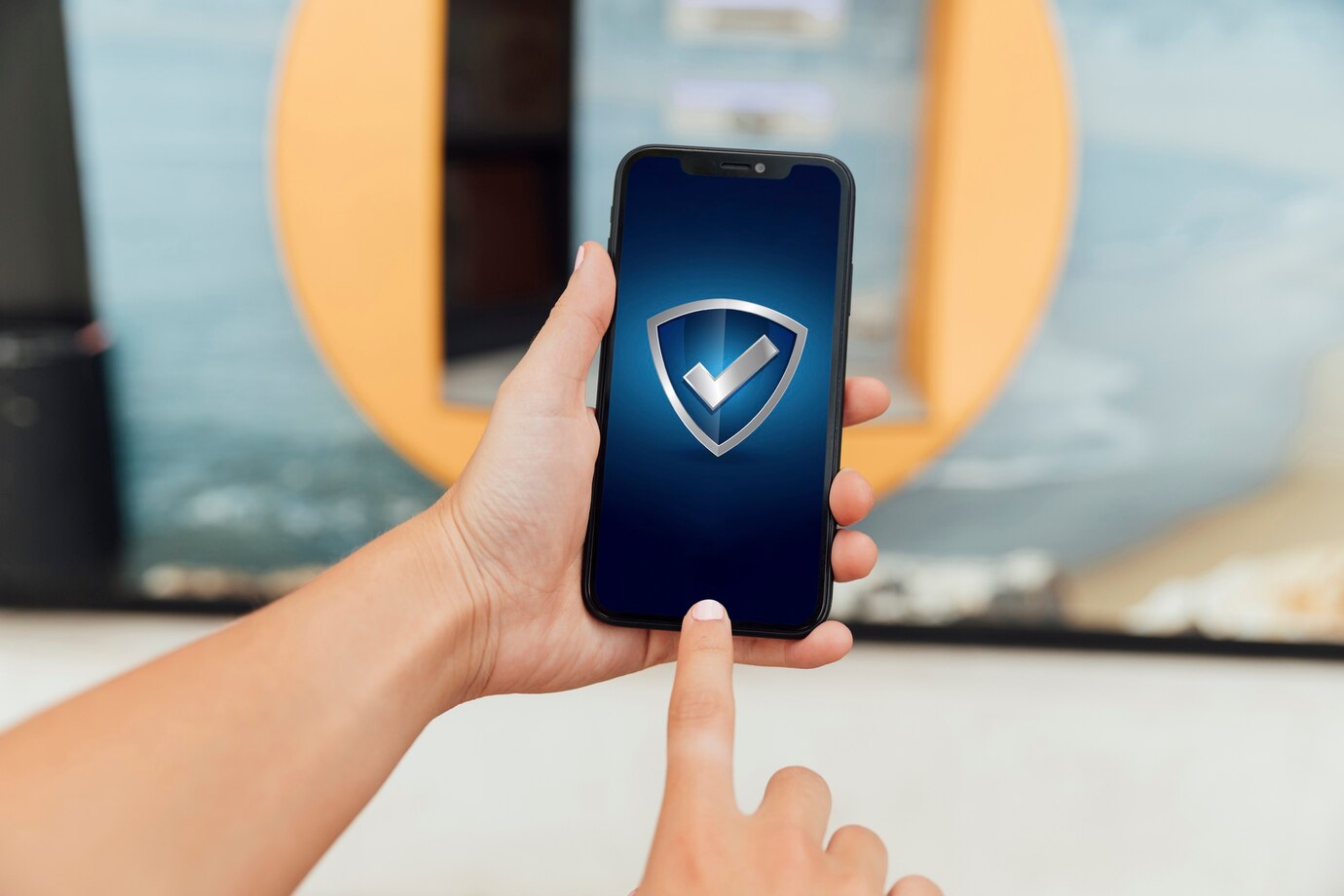
Data security is a core aspect of privacy compliance. Mobile app developers must implement robust security protocols such as encryption, firewalls, and secure APIs. They should regularly perform security audits and penetration testing to identify vulnerabilities. Using secure coding practices and keeping libraries and frameworks updated reduces the risk of data breaches. Developers should also have a response plan in place to address potential security incidents swiftly.
Facilitate User Rights and Data Portability
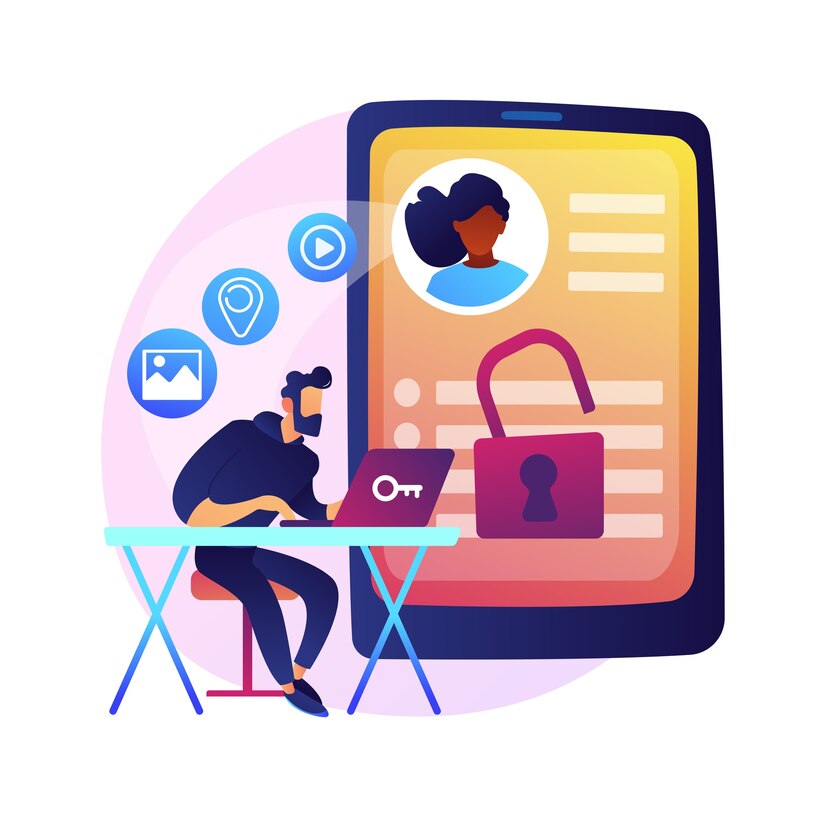
Privacy regulations often grant users specific rights over their data, including the right to access, correct, delete, or transfer their information. Mobile app developers must implement features that allow users to exercise these rights effortlessly. Building a user-friendly interface for account management and data requests helps comply with these legal requirements while enhancing the overall user experience.
Be Transparent About Third-Party Integrations
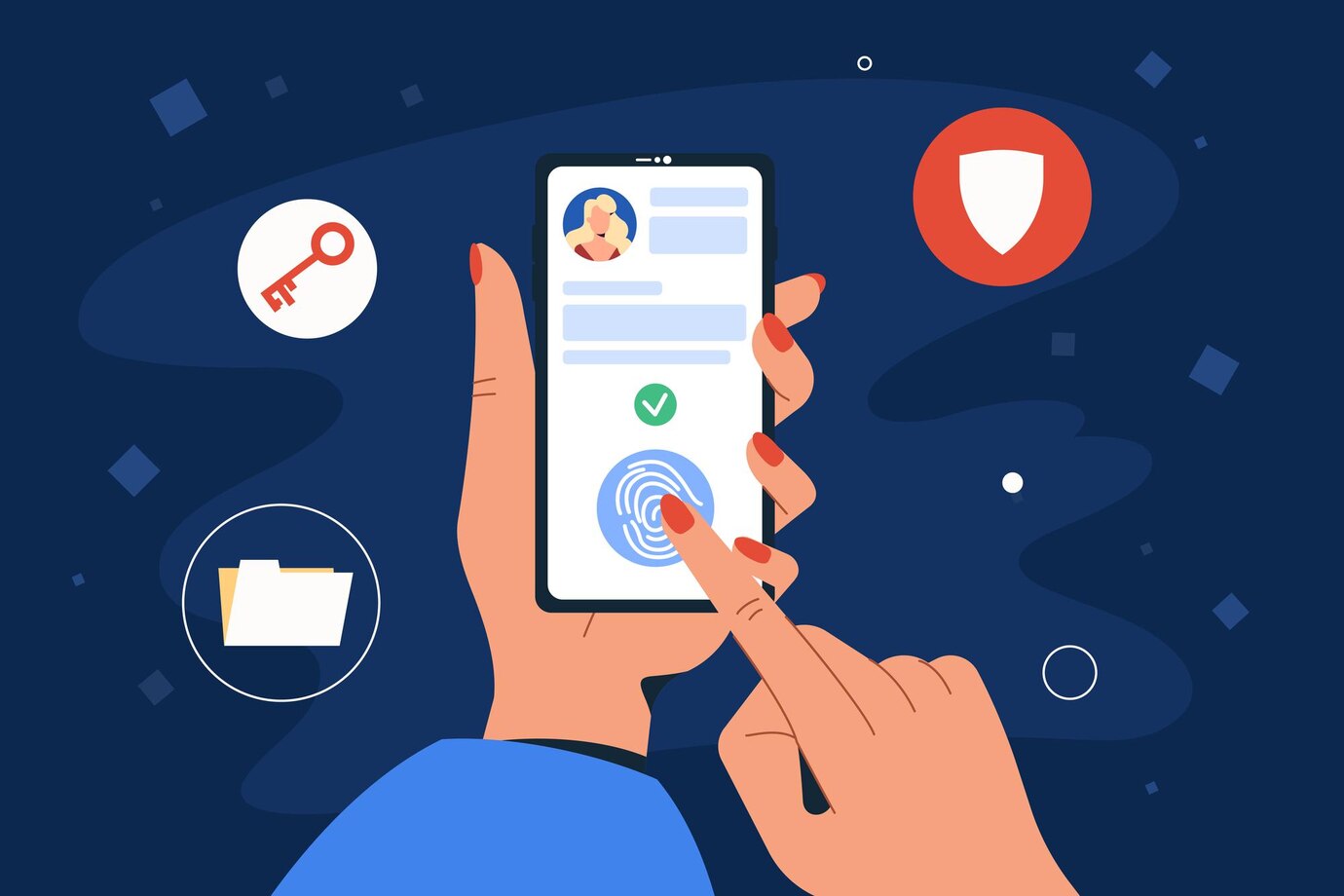
Many mobile app developers rely on third-party services such as analytics tools, payment gateways, or cloud providers. Developers must ensure these partners comply with privacy regulations and maintain appropriate data protection standards. Clear disclosure of third-party integrations in the privacy policy is necessary. Conducting regular reviews of third-party agreements and monitoring their compliance practices can prevent privacy violations.
Stay Updated with Privacy Law Changes

Privacy laws evolve constantly, making it crucial for mobile app developers to stay informed about regulatory updates. Following industry news, joining professional organizations, and participating in privacy-focused forums can help developers stay ahead. Periodic reviews of app policies and practices ensure continuous compliance with changing legal requirements. Seeking legal counsel for complex privacy matters is also recommended.
Conduct Regular Compliance Audits

Conducting regular privacy audits helps identify potential compliance gaps before they become legal issues. Developers should review app features, data collection practices, and user consent mechanisms. Audits should also cover third-party partnerships and security protocols. Documenting audit findings and implementing corrective measures demonstrate a proactive approach to privacy compliance.






